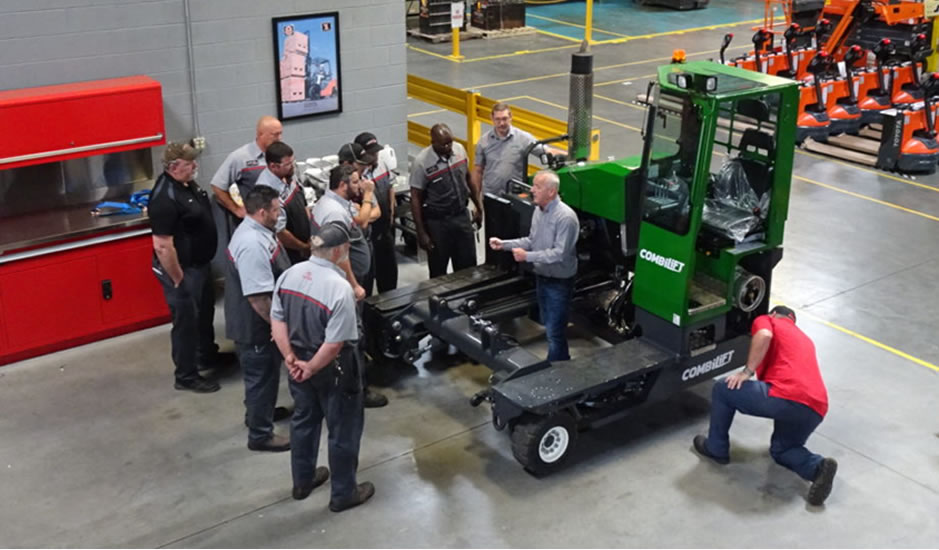Forklifts are the workhorses of various industries, enabling efficient material handling and smooth operations. However, before investing in a forklift, assessing your business needs and making an informed decision between renting and buying is crucial.
In this blog post, we’ll explore the factors to consider when analyzing your requirements, weighing the costs, evaluating operational flexibility, assessing maintenance and support, ensuring safety and compliance, and learning from real-world examples. As a result, you’ll be equipped to make the best choice for your business by the end.
Understanding Your Business Requirements
To start, take a close look at your business operations. Consider the current and future workload, the frequency and duration of forklift usage, the types of materials or products to be handled, and the required lifting capacity and height. Understanding these factors will help you determine the most suitable forklift solution.
Cost Considerations
One of the primary considerations is the cost. Compare the upfront expenses of purchasing a forklift to the more flexible option of renting. While buying a forklift involves a significant upfront investment, renting allows you to access the equipment without a substantial initial cost. Additionally, analyze the long-term financial implications, including maintenance, repairs, and depreciation. Renting may offer cost savings in terms of maintenance and depreciation, especially if your forklift usage is sporadic or expected to change.
Operational Flexibility
Operational flexibility is crucial for adapting to changing business needs. Renting a forklift provides advantages for short-term or fluctuating requirements. It allows you to easily upgrade or switch to different forklift models as needed, ensuring you have the right equipment for the job. On the other hand, owning a forklift offers stability and consistency for long-term operations. Consider your business’s nature and the level of flexibility required to make an informed decision.
 C. (n.d.). Why do your Placement with Combilift? Combilift Lifting Innovation. Retrieved May 29, 2023,
C. (n.d.). Why do your Placement with Combilift? Combilift Lifting Innovation. Retrieved May 29, 2023,
from https://combilift.com/placement/
Maintenance and Support
Forklift maintenance and support are essential for keeping your operations running smoothly. Owning a forklift means taking responsibility for maintenance and repairs, which can add up over time. Rental companies often provide comprehensive support and service, reducing the burden of maintenance on your business. Additionally, consider the availability and cost of spare parts for owned forklifts, as this can impact downtime and overall expenses.
Safety and Compliance
Safety should be a top priority in any forklift operation. Adhering to safety regulations is crucial to protect your employees and ensure compliance. Evaluate the training and certification requirements for forklift operators, as this may influence your decision. Renting a forklift often comes with trained operators, whereas owning a forklift requires ensuring proper training and certification for your employees.
In Conclusion
Choosing between renting and buying a forklift is a decision that requires careful analysis. By understanding your business requirements, evaluating the costs, considering operational flexibility, assessing maintenance and support, prioritizing safety and compliance, and learning from real-world examples, you can make an informed choice.
Remember, every business is unique, so take the time to evaluate your specific circumstances and contact us +65 6570 8091 or email us at sales@paves.com.sg to seek for expert advice. With thorough analysis, you’ll equip your business with the right forklift solution, ensuring optimal productivity and success.



Recent Comments